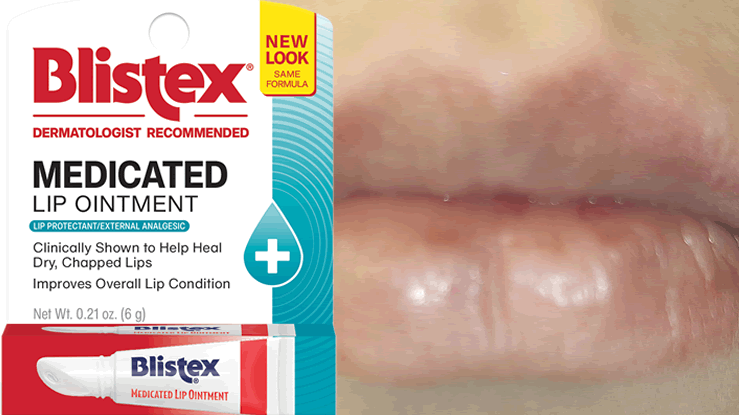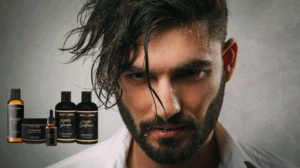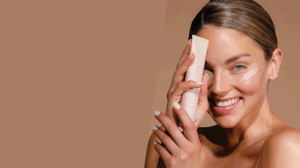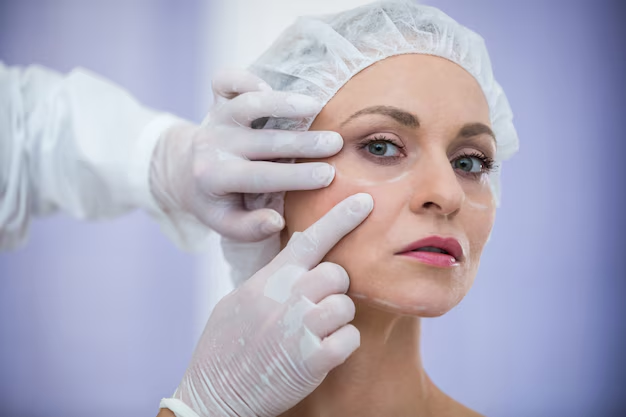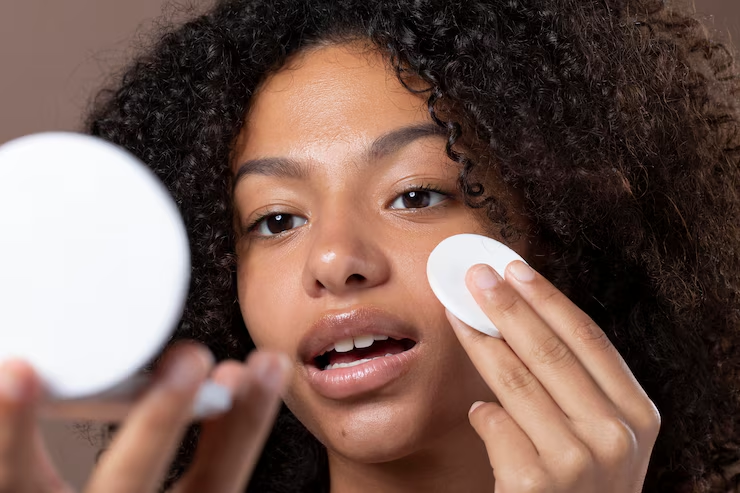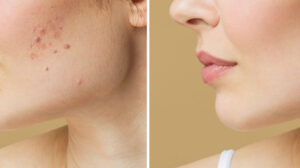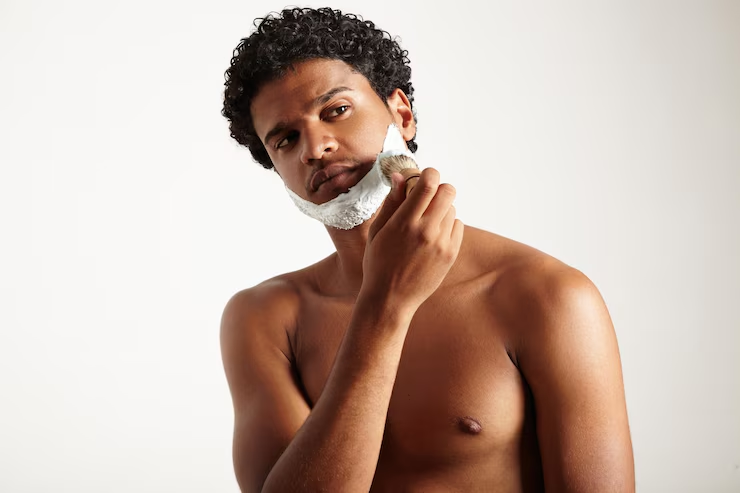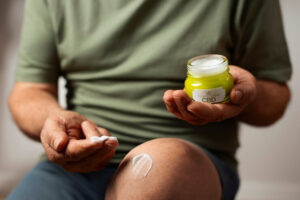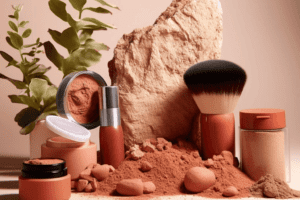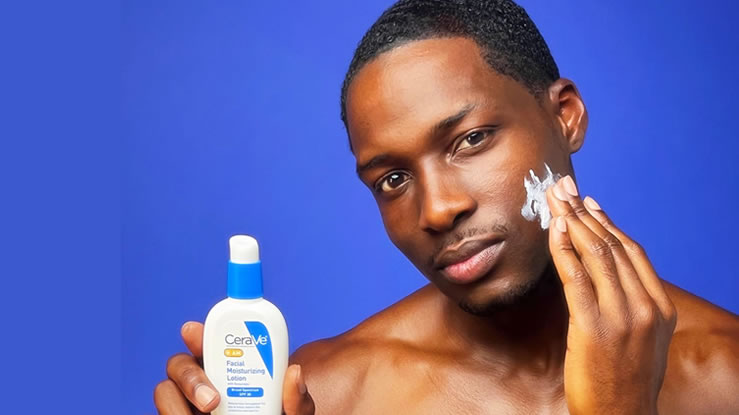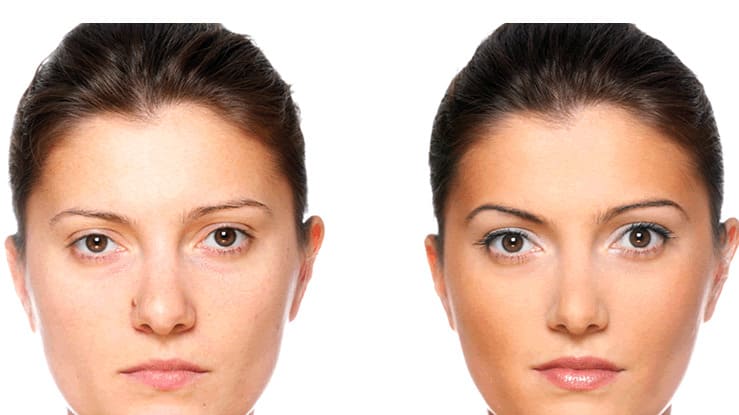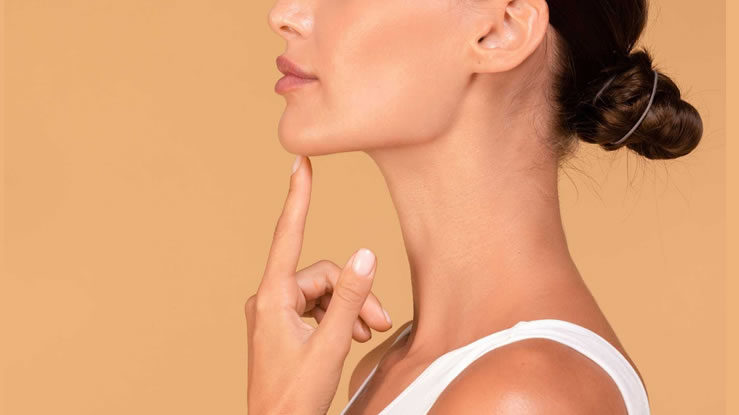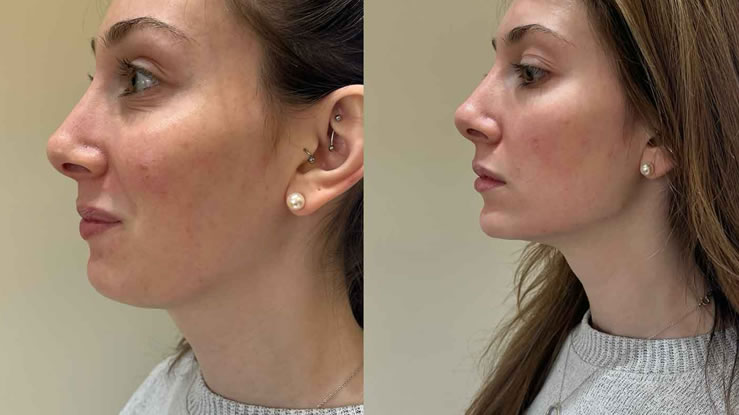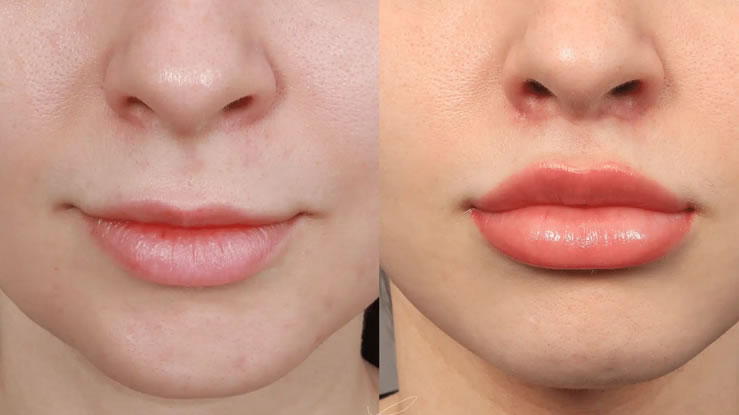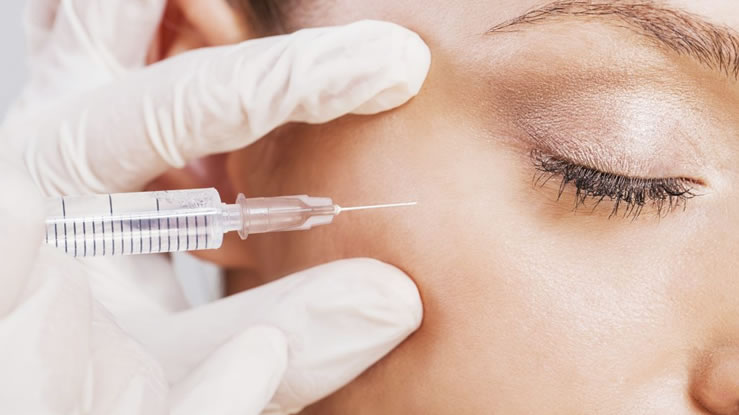Blistex lip balm is widely used for hydrating, soothing, and protecting lips, but like any skincare product, they can cause side effects in some individuals. While most people experience no issues, certain ingredients in Blistex may trigger allergic reactions, irritation, or sensitivity.
In this article, we will explore the potential Blistex lip balm effects, why they occur, and how to minimize any risks.
Understanding Blistex Lip Balm: What’s in It?
Blistex offers a variety of lip care products, including moisturizing lip balms, medicated treatments, and SPF lip protectants. Some of the common ingredients found in Blistex products include:
- Menthol & Camphor – Provide a cooling sensation but may cause irritation in sensitive individuals.
- Petrolatum (Petroleum Jelly) – Creates a barrier to lock in moisture but can sometimes clog pores.
- Lanolin – A natural moisturizer that may trigger allergic reactions in people sensitive to wool-based ingredients.
- Salicylic Acid – Acts as an exfoliant but may cause burning or stinging for some users.
- Sunscreen Ingredients (Oxybenzone, Avobenzone, Octinoxate, etc.) – Found in Blistex SPF products but may lead to skin reactions or sensitivities.
These ingredients are generally safe but can cause side effects in certain individuals, especially those with sensitive skin or allergies.
Read Also>>>What is Blistex used to treat?
Common Side Effects of Blistex Lip Balm
Lip Irritation & Burning Sensation
Some users report a burning or tingling feeling after applying Blistex lip balm. This is often due to the presence of menthol, camphor, or salicylic acid, which can be too strong for sensitive lips.
Signs of irritation include
- Mild burning or stinging sensation
- Redness around the lips
- Dryness despite frequent application
How to Prevent It: If you experience a burning sensation, switch to a fragrance-free, hypoallergenic lip balm with gentler ingredients like shea butter or coconut oil.
Allergic Reactions
Blistex contains lanolin, artificial fragrances, and preservatives, which may trigger allergic reactions in some users.
Symptoms of an allergic reaction include:
- Swelling of the lips
- Red, itchy, or peeling lips
- Blisters or rash around the mouth
How to Prevent It: If you suspect an allergic reaction, stop using the product immediately. Try a patch test on a small area of your skin before using any new lip balm.
Increased Lip Dryness (Lip Balm Dependency)
Ironically, some people find that their lips become drier with frequent use of Blistex. This can happen due to:
- Menthol & camphor temporarily soothing lips but drying them out over time.
- The “lip balm cycle,” where lips stop producing natural moisture because they rely on constant reapplication.
How to Prevent It: Reduce your dependence on lip balm by drinking plenty of water and using a hydrating lip treatment with natural butters and oils instead of medicated formulas.
Skin Sensitivity & Sun Sensitivity
Some Blistex formulas include chemical sunscreen ingredients (oxybenzone, octinoxate, avobenzone), which can cause skin sensitivity or allergic reactions in some individuals.
Symptoms include
- Redness, irritation, or rash on lips
- Increased sunburn risk if SPF protection is not re-applied frequently
How to Prevent It: If you have sensitive skin, use mineral-based sunscreens with zinc oxide or titanium dioxide instead of chemical sunscreens.
Risk of Contact Dermatitis
Contact dermatitis is a red, itchy rash that can develop when the skin reacts to an irritant or allergen in Blistex lip balm.
Common irritants in Blistex include:
- Fragrances
- Preservatives
- Certain emollients (like lanolin)
How to Prevent It: Avoid Blistex if you have a history of contact dermatitis. Use unscented, hypoallergenic lip balms instead.
Clogged Pores & Lip Breakouts
Some people experience small pimples, blackheads, or breakouts around their lips due to certain occlusive ingredients in Blistex, such as petrolatum and mineral oil. These ingredients trap bacteria and sebum, leading to clogged pores and lip acne.
How to Prevent It: Choose non-comedogenic lip balms that do not clog pores, especially if you have acne-prone skin.
Who Should Avoid Blistex Lip Balm?
While Blistex is safe for most people, it may not be suitable for everyone. You should avoid Blistex if:
- You have sensitive skin prone to irritation or allergies.
- You are allergic to lanolin, menthol, camphor, or salicylic acid.
- You experience persistent dryness, redness, or breakouts after use.
- You have eczema or skin conditions that react to strong ingredients.
Instead, opt for gentler lip care options that focus on hydration and protection without harsh chemicals.
Safer Alternatives to Blistex Lip Balm
If you experience side effects from Blistex, consider switching to more gentle lip balms, such as:
- Aquaphor Lip Repair – Fragrance-free and safe for sensitive skin.
- Vaseline Lip Therapy – Simple formula that locks in moisture.
- Burt’s Bees Beeswax Lip Balm – Made with natural ingredients.
- CeraVe Healing Lip Balm – Contains ceramides and hyaluronic acid for hydration.
- Eucerin Aquaphor Lip Repair – Dermatologist-recommended for dry, cracked lips.
Blistex lip balms are widely used and effective in providing moisture, protection, and relief from dryness, chapped lips, and cold sores. However, like any skincare product, they may cause side effects in some individuals, particularly those with sensitive skin or allergies.
While the cooling sensation from menthol and camphor can be soothing for some, others may find it irritating or drying over time. The inclusion of lanolin, salicylic acid, and certain preservatives means that those with sensitive or acne-prone skin should exercise caution. Additionally, overuse of lip balms can sometimes lead to dependency, where the lips become accustomed to artificial hydration and lose their ability to retain moisture naturally.
For most users, Blistex is a safe and effective lip balm, especially when used as directed. However, if you notice persistent dryness, irritation, or allergic reactions, it may be time to switch to a gentler, fragrance-free alternative. There are many dermatologist-recommended lip balms that offer the same level of hydration and protection without the risk of irritation.
If you have sensitive skin, frequent allergies, or a history of skin reactions, it’s always a good idea to consult with a dermatologist before using medicated lip products like Blistex. Your lips deserve safe and effective care, so make sure to choose the right products that keep them healthy, soft, and irritation-free!
You Might Like;

